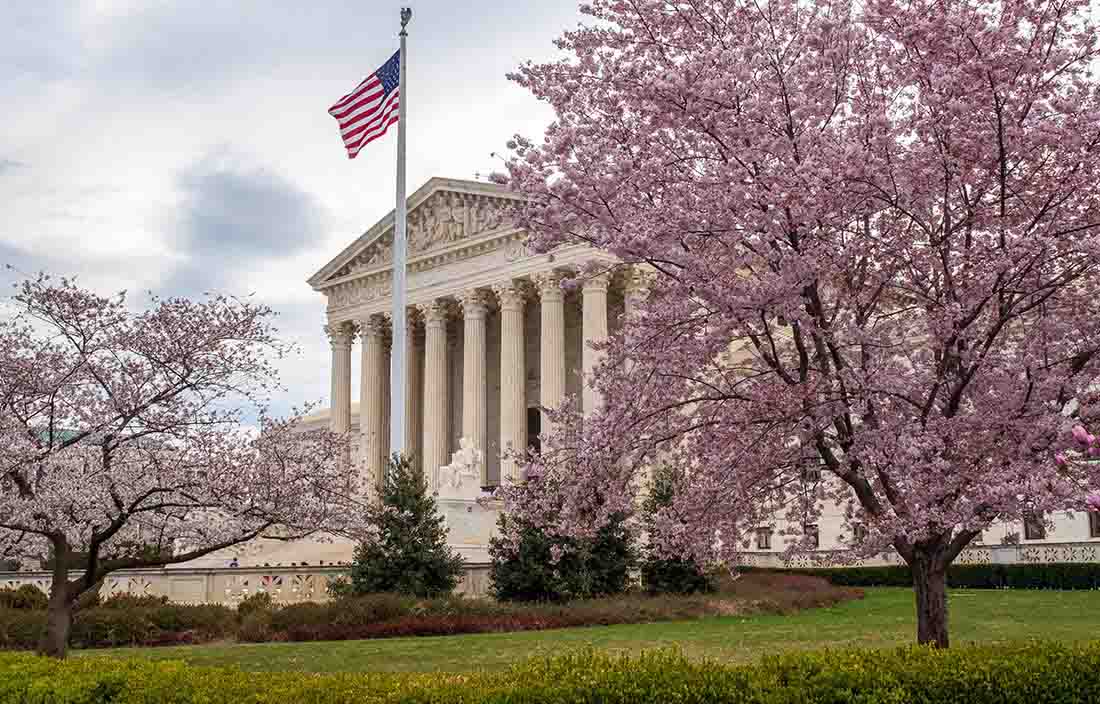Self-employment tax: Investment fund manager loses tax dispute
 The Tax Court recently issued a long-awaited decision related to the application of self-employment tax (SE tax) in a state law limited partnership that could have a wide-reaching application to investment fund managers and other service partnerships.
The Tax Court recently issued a long-awaited decision related to the application of self-employment tax (SE tax) in a state law limited partnership that could have a wide-reaching application to investment fund managers and other service partnerships.What happened with self-employment tax and investment funds?
In Soroban Capital Partners LP v. Commissioner (161 T.C. No. 12), the taxpayer (Soroban) is an investment fund manager operating as a state law limited partnership, which was taxed as a partnership for federal income tax purposes. Soroban’s principals were each limited partners (LP), and the LP took the position on its tax returns that a limited partner shouldn’t be subject to SE tax on the partner’s distributive share of ordinary income due to the exception under Section 1402(a)(13) (LP exception).
Section 1402(a)(13) exempts from SE tax the “distributive share of any item of income or loss of a limited partner, as such, other than guaranteed payments … to that partner for services actually rendered to or on behalf of the partnership ... .” The term limited partner isn’t defined by the statute or regulations. The IRS and Treasury issued proposed regulations in 1997 that would have defined the term limited partner to exclude those who could contract on behalf of the LP or who participated in the business of the LP for at least 500 hours, but Congress became concerned about these proposed regulations and prevented them from being finalized for a period of time. Even after that prohibition ended, the IRS and Treasury never acted to finalize the regulations or otherwise clarify the definition.
The Court’s analysis traced the evolving role of limited partners in state law limited partnerships and the intent of the LP exception at the time Section 1402(a)(13) was enacted. The Court stated that legislative history made clear Congressional intent to only exclude “earnings that are of an investment nature” from SE tax. The Court also concluded that the definition of limited partner under state law by itself was not controlling. As a result, the Court determined that a limited partner’s eligibility for the LP exception “requires an inquiry into the functions and roles of the limited partner” (i.e., it requires a functional analysis of the limited partner’s role in the partnership).
For various procedural reasons, this decision didn’t conclude on the results of that functional analysis for Soroban specifically, but that will be the subject of further litigation.
Self-employment tax for investment funds: What to do now?
Since 2018, the IRS has maintained an audit campaign to target service partnerships taking the position that service partners were eligible for the LP exemption. Presumably, Soroban was caught in this audit campaign. Several other investment fund managers have also initiated litigation against the IRS on what appear to be similar facts, and these cases are still pending in the Tax Court. While the IRS has temporarily paused its audit campaign on this issue, it has indicated that it intends to examine SE tax matters on partnerships that it otherwise audits, while also significantly ramping up its audit efforts on partnership tax returns.
It seems likely that Soroban will appeal this decision. The other cases on similar fact patterns will continue to wind their way through the Court. In late September, the IRS announced that it opened a project to issue guidance on the LP exception. It’s expected that this project could include proposed regulations and that they would likely take similar positions to what the IRS has been arguing in its various Tax Court petitions.
In light of the Soroban decision and other related developments, it would be prudent for service partnerships relying on the LP exception to reevaluate their SE tax position and ensure that their facts support the position claimed.




